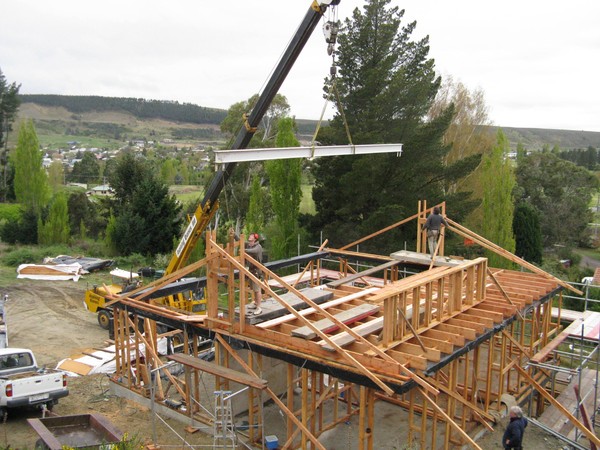The council’s building control team general manager Ian McCormick said inspectors are seeing a marked increase in product substitutions as traditional building materials grow scarcer.
Cheaper prices are the number one reason for replacing the specified product but all building products have to meet the New Zealand Building Code.
Another major sticking point for builders is the time it takes for the council to assess the products as fit for purpose.
McCormick said it is common for inspectors to discover a substitution on-site during an inspection.
“That may happen weeks after the decision to use the alternative product was made. The message is clear - notify us as early as possible to avoid delays in building.”
Builders should save themselves and their customers thousands of dollars by getting the proper signoffs before using substitutes, he said.
“Less haste, less waste… While we recognise builders need to get on with their construction, we can’t cut corners on quality, durability and suitability.
“Due diligence can sometimes look like red tape when you’re in a hurry, but reputable builders recognise the importance of ensuring new products are up to code.”
Property owners should be careful not to fall for a cheap price and quick turnaround if the deal looks too good to be true, McCormick said.
“While there are some great new products on the market, the boom has attracted a few cowboys trying to cut corners and some importers trying to bring in cheap, substandard products.
“Some imported products may look like the local offering, but if they’re are quoted as 40% cheaper then chances are they might not comply with the New Zealand Building Code or pass inspection.”
One example of the problems that can occur is a developer’s decision to use non-compliant electrical wiring in multiple houses – which ended up costing thousands of dollars.
“We have zero tolerance for products that are not up to the New Zealand Building Code.
“The developer had to remove and replace the non-compliant wiring from all of the houses, some of which were nearly finished.”
However, in some cases, if substituted products are up to code, the market benefits from innovative new products and processes.
McCormick said it might seem to take a bit longer, but getting new building products signed off is cheaper and faster than having to re-work non-compliant construction.
“You should check compliance before buying particularly if the product price seems too good to be true.”
Property owners should get confirmation from the designer or builder and the supplier that products being used in a building job comply with the New Zealand Building Code.
It is also possible to check products on the Building Research Association of NZ website which lists products that comply with the New Zealand Building Code.
Building inspectors can also provide advice on compliance matters.



 Search
Search
